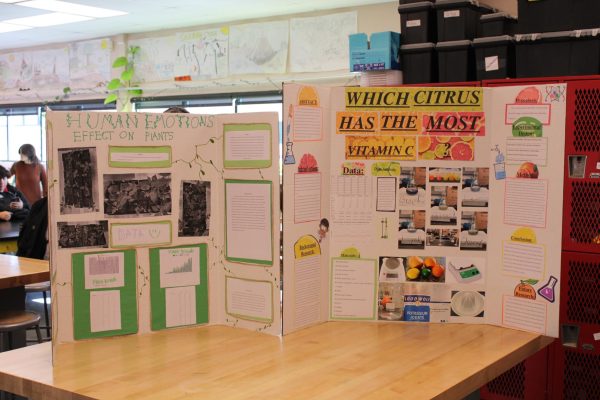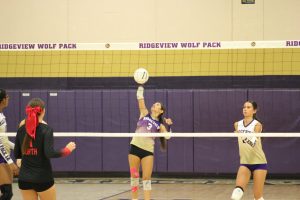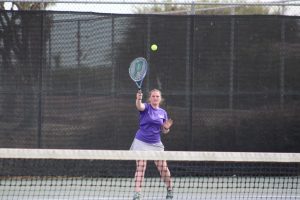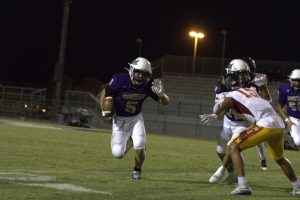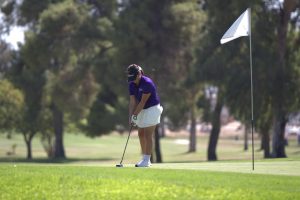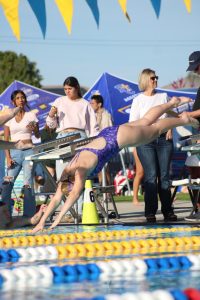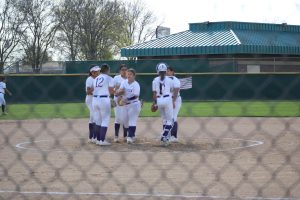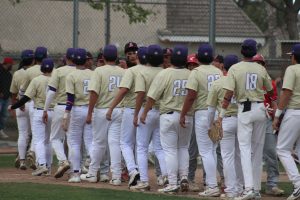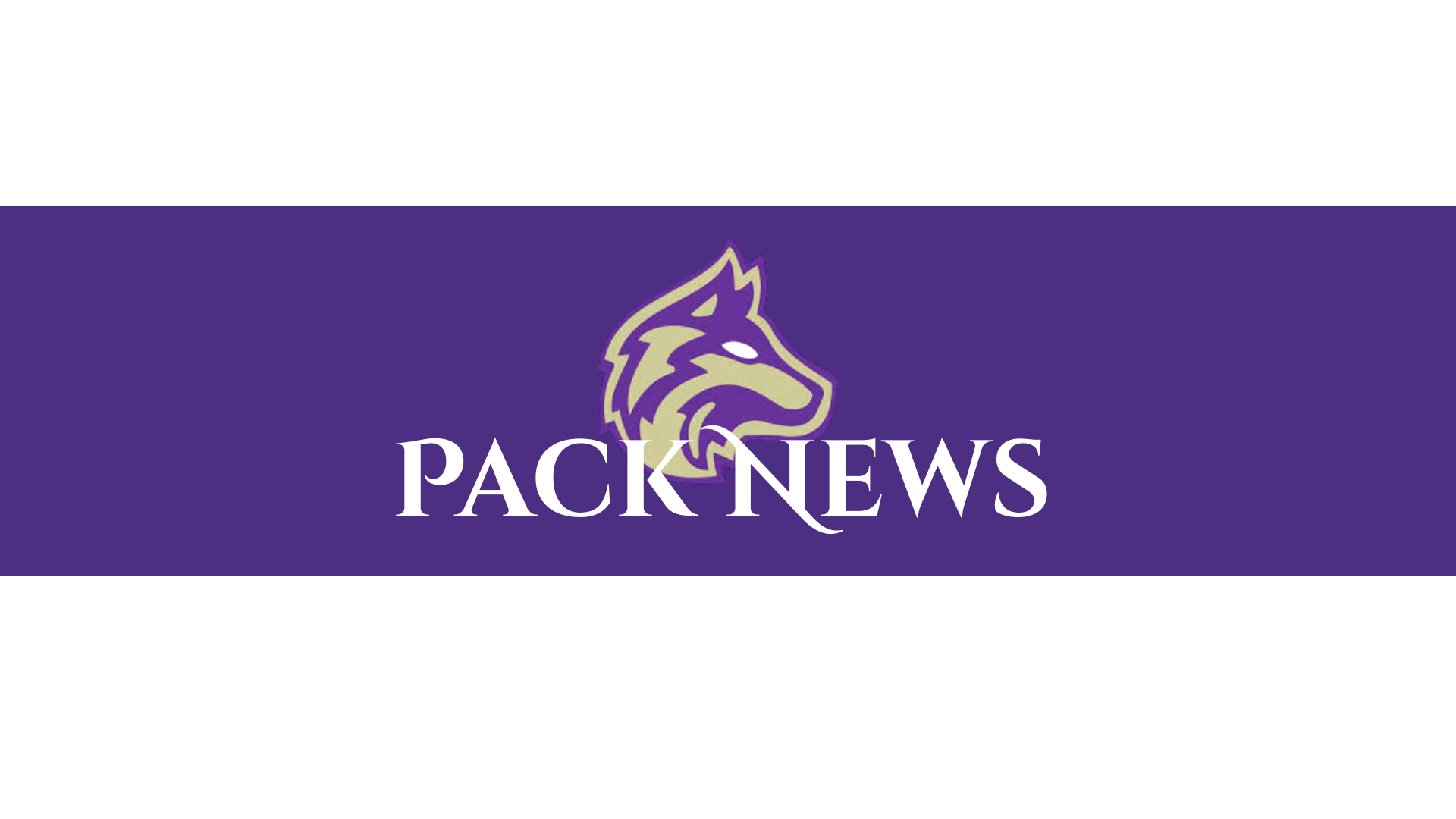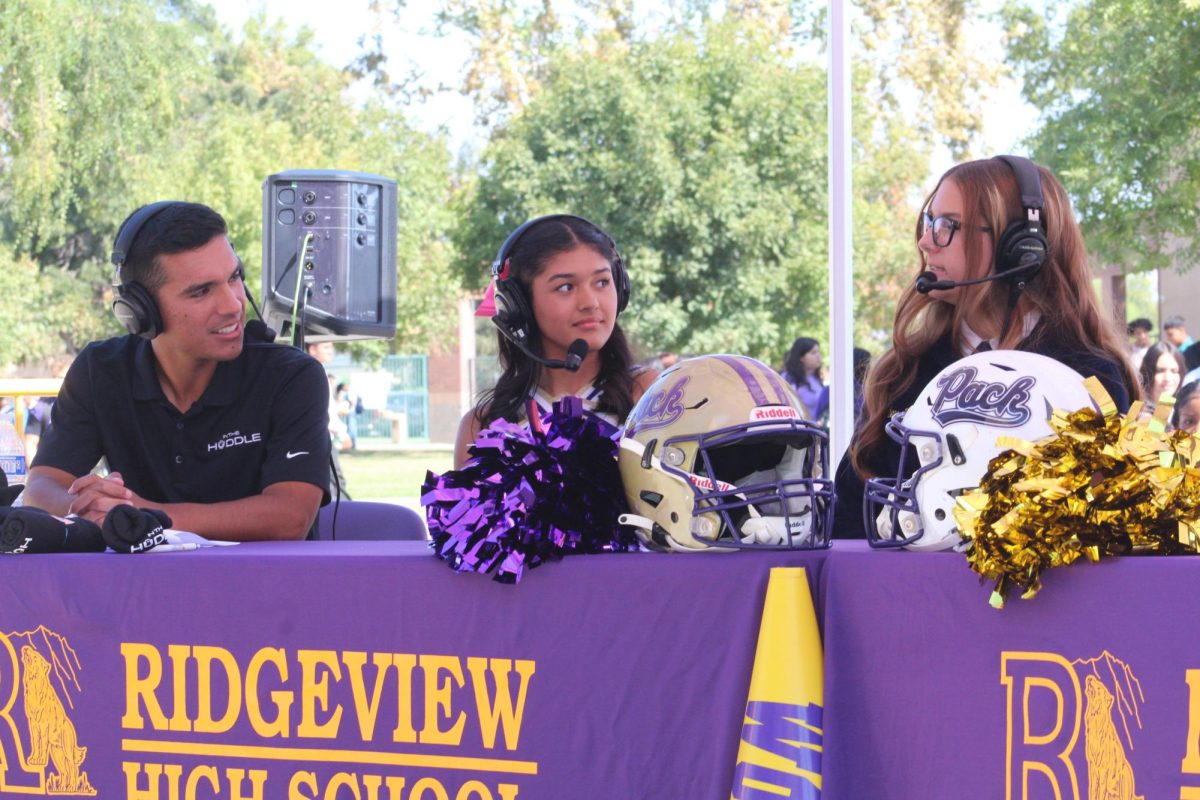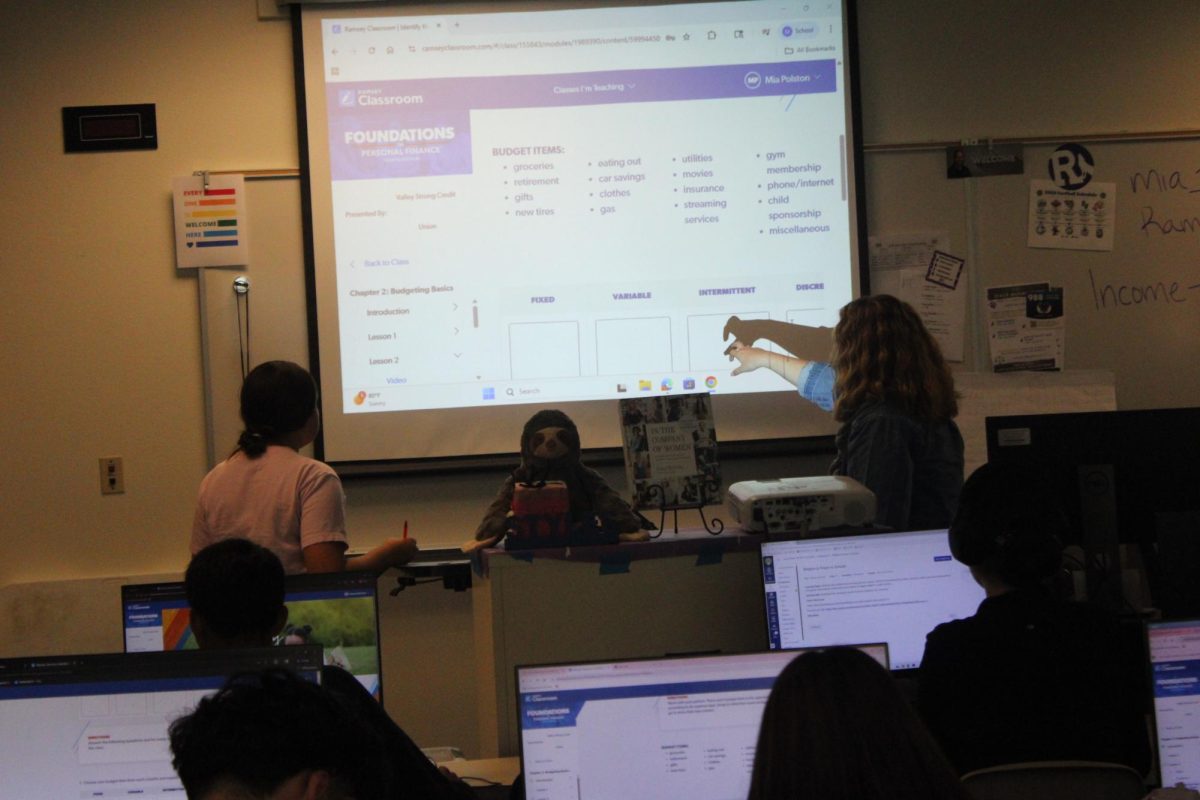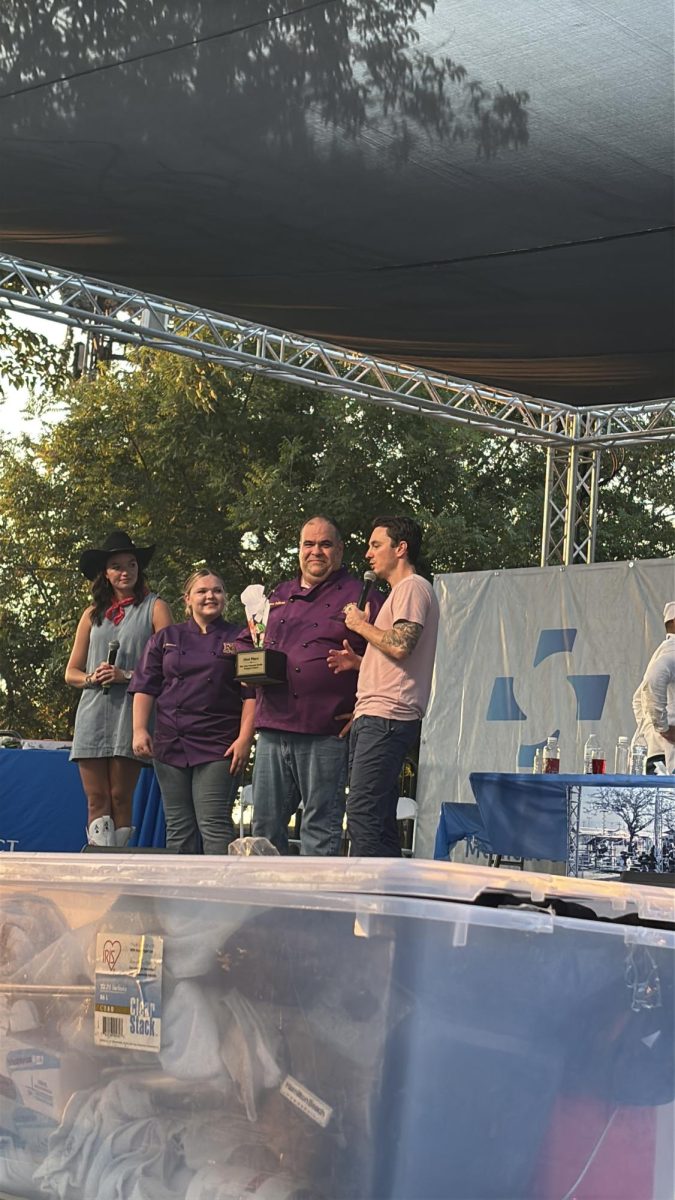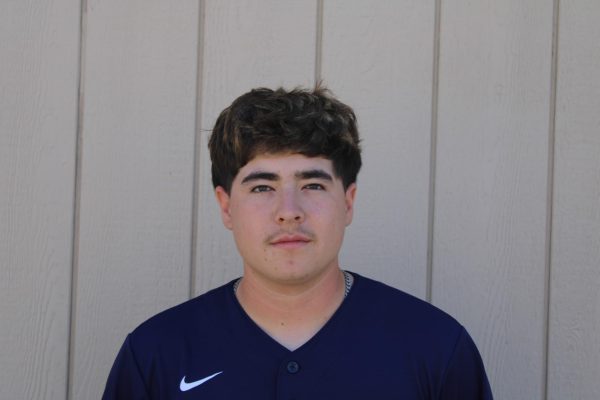Ridgeview High School Science Dept. has been building success through the years with the help of Dept. Chair Robert ShahanParticipants from this year’s science fair got the chance to tell and show their projects and investigative reporting and storytelling as they uncovered fascinating scientific discoveries, innovative experiments, and breakthroughs in various fields. In total our science Dept. had 46 people overall for the science fair.
Madelyn Evans, a freshman at Ridgeview High School, conducted an experiment on Arbuscular Mycorrhizal Fungi, a type of mushroom that helps plants draw up nutrients underground. She decided to experiment with this in high-nutrient soil instead of normal soil, hoping it would help her plants grow taller and faster. She created 30 plants, five of each species of Fungus and 15 plants in each group, basil and tomato. Due to unexpected busyness, measurements and watering were difficult, but science teacher Robert Shahan was able to water her plants. Madelyn found that plants “Grown with fungus were worse off than those without, possibly because the soil didn’t need a scavenger to help it drop nutrients”. She tried to measure the soil consistently and planted them within the same time range to avoid different growth patterns.
Parveen Dhaliwal, a future Study Major, explores science by testing different spices to inhibit bacterial growth. After taking AP Biology, she innovative ideas from natural remedies to spices, with garlic extract being the most effective due to its compound called eletson. To prepare Petri dishes, bacteria are introduced to them, and the spices are applied to the medium. The project aims to make spices more applicable to the medical field, as “Not everyone has access to doctors”. The goal is to treat facial electrode infections, a common issue in healthcare, where not everyone has access to doctors. By testing spices, we can potentially substitute pharmaceutical drugs for facial electrode infections, addressing the need for accessible healthcare.
Shahan emphasizes the importance of students recognizing and feeling comfortable as scientists. They use a universal rubric developed by a team of science teachers, prioritizing important aspects of science. Students have the choice to “Choose who they work with, and collaboration skills are taught to deal with diverse environments”. Resources are provided, projects are approved after discussion with the teacher, and safety and ethical concerns are addressed. The teacher believes that a collaborative and alternative approach to science education is crucial for students’ success.
